Category
Latest Brands
-
 MDF Baby cot & Chest of drawers Set(Cot bumper +Net with stand+Co sleeper with net)
KSh45,999.00
MDF Baby cot & Chest of drawers Set(Cot bumper +Net with stand+Co sleeper with net)
KSh45,999.00
-
 3 in 1 Stroller set
KSh35,000.00
3 in 1 Stroller set
KSh35,000.00
-
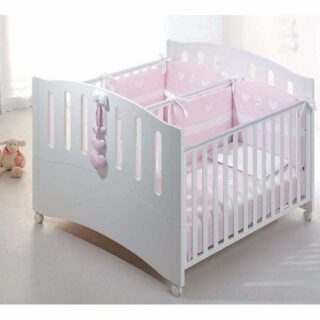 Baby Cot for Twins.
KSh29,000.00
Baby Cot for Twins.
KSh29,000.00
-
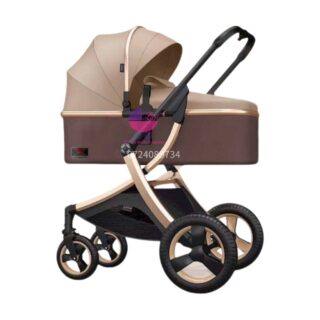 3 in 1 Baby Stroller
KSh25,000.00
3 in 1 Baby Stroller
KSh25,000.00
-
 MDF Baby Cot Package
KSh22,500.00
MDF Baby Cot Package
KSh22,500.00
Offers
-
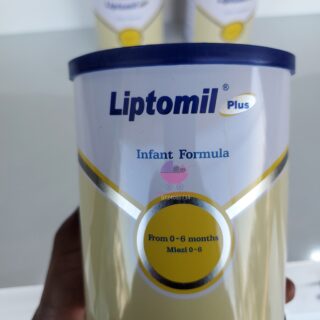 Liptomil plus
Liptomil plus
KSh2,000.00Original price was: KSh2,000.00.KSh1,899.00Current price is: KSh1,899.00. -
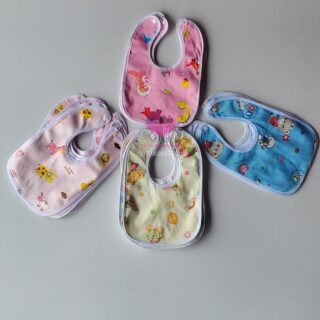 Baby Cotton Bibs/Feeder
KSh99.00
Baby Cotton Bibs/Feeder
KSh99.00
-
 Convertible 3 in 1 baby high Chair(Leather)
KSh14,000.00
Convertible 3 in 1 baby high Chair(Leather)
KSh14,000.00
-
 Baby Liner
KSh99.00
Baby Liner
KSh99.00
-
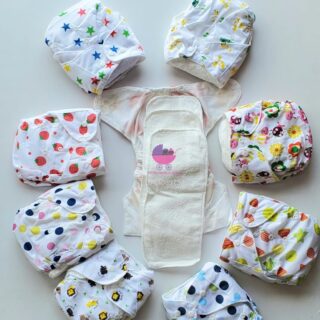 Washable Baby Diaper
KSh499.00
Washable Baby Diaper
KSh499.00
Best offers
Join Risk Free
30 days refund
100% Safe
Secure Shopping
24x7 Support
Online 24 hours
Best Offers
Grab Now
Free Shiping
On all order over
Latest

Difference between postpartum depression and baby blues.
Postpartum depression (also called PPD) is a type of depression that many parents (especially women) experience after having a baby, It’s a medical condition. It is characterized by a strong feeling of sadness, worry and tiredness that lasts for a long time after having a baby.
On the other hand, baby blues is the low mood and mildly depressed feeling that women get at a time when they expect that they should be happy after giving birth. It is common that it’s considered normal. It does not last more than two weeks after giving birth. If this symptoms last longer, persist or even come later then you may be experiencing PPD. PPD can start any time in the first year after giving birth and it’s not your fault, it’s just a medical condition that can be treated when detected. This depression can make it hard for you to take care of yourself and your little one.
PPD affects up to 1 in 10 women after giving birth. Research has it that half of women diagnosed with PPD is their first time to experience depression and they might have felt the signs and symptoms during pregnancy. If this is the case you might experience the symptoms again in your next pregnancy. Remember PPD doesn’t make you a bad mother it’s just a condition that can be treated by your health care provider if consulted.
Signs and symptoms of Baby blues
Signs of a condition are things that someone else can notice, you just can’t hide, like coughing. While symptoms of a condition are things that are only apparent to the person undergoing and others can’t see, like feeling dizzy.
Remember baby blues symptoms last a few days to a week or two weeks after giving birth and they include;
- Difficulty sleeping
- Mood swings
- Crying spells
- Anxiety and Sadness
- Irritability and feeling overwhelmed
- Reduced concentration and appetite problems
Signs and symptoms of Postpartum depression
Unlike Baby blues, PPD signs and symptoms are more intense and last longer. They may eventually interfere with your ability to handle daily task or even taking care of your baby. DDP symptoms develop within first few weeks after giving birth or earlier during pregnancy and they include;
- Feelings changes. You may start to develop severe mood swings, feeling depressed all day everyday. Feeling shame, guilt or like a failure. Some may feel scared or panic all the time.
- Changes in your daily Schedule. Losing interest on things you do normally, feeling tired all the time, eating more or less than you do normally.Lose of concentration, some sleep too much while others have trouble sleeping. Also gaining or losing weight.
- Changes in your thoughts. Thoughts of harming yourself or your baby. Having problems bonding with your little one. The worst one is thinking of suicide or killing your baby.
How PPD Affects your Baby
As mentioned earlier PPD makes it hard for you to take care of yourself and your little one and that’s why its very important to treat PPD as soon as possible. If not treated this is how it may affect your baby;
- You may skip postnatal checkups
- It makes it hard for you to bond with your baby
- Makes it hard for you to breastfeed. Breast milk is the best food for a baby throughout the first year thus affecting baby’s growth.
- Limits your baby medical care. As it may make it hard for you to get your baby’s regular medical care like vaccination which protects them from infections. You may also not see health problems on your baby that they may need quick medical attention.
- It may affect your baby’s mentally health and behavior later in life.
What causes PPD?
PPD Can happen to any woman after having a baby because there are various possible causes and they include,
- Genetics. Genes are unit of heredity that are passed from parent to offspring and they are held determine some characteristics of the offspring. Depression is more common in people whose family had depression. This increases the chance of experiencing PPD.
- Hormonal level changes after pregnancy. Hormones are chemical messengers that coordinates different functions of the body.During pregnancy your body has higher levels of hormones estrogen and progesterone. After delivery, the dramatic drop of hormones estrogen and progesterone in your body may contribute to PPD, as some of this hormones controls your emotions and moods.
- Low levels of thyroid hormones. Thyroid hormone controls the process in which your body transforms the food you eat in to energy (Metabolism). Low energy may make it hard for you to handle even minor problems. Taking care of yourself and your baby might be hard as this makes you feel tired leading to PPD.
Can Postpartum Depression be Prevented
If you have a family history of depression, It’s good for you to consult your health care provider if you are planning to get pregnant or immediately after you notice you are pregnant.
- During pregnancy. Your health care provider may closely monitor you during pregnancy for any signs of depression. You may complete depression screening questionnaire during pregnancy or after delivery. You can also administer Cognitive behavioral therapy, helps manage negative thoughts by changing the way you think and act. You can achieve this by working with a therapist. Your Medical provider may recommend antidepressant in some cases.
- After delivery. Your health care provider may recommend an early postpartum checkup to screen for any symptoms of postpartum depression. The sooner its found the sooner it should be treated. If you have a Family history of depression antidepressant may be recommended or you can work with a therapist. Most antidepressant are safe when breastfeeding.
Treating Postpartum Depression
If you think you have PPD you should see your health care provider right away, the sooner the better. Get treatment early so that you can take care of yourself and your little one. Treatment may include;
- Counseling. like Cognitive behavioral therapy that can help change the way you think and behave. Interpersonal psychotherapy can also be administered, this focuses on interpersonal problems and symptomatic recovery.
- Support group. Many people find peer support helpful tool that can aid in their recovery. Support group are group people who meet together either physical or online to share their feeling and experiences on a certain topic. Your provider or counselor can find and recommend you a PPD support group.
- Medicine. PPD is often treated with medicine and this may include;
- Antidepressant, this are medication used to treat depressive disorder, including PPD. Your health provider will recommend the best and safe medicine for you.
- Estrogen, You can wear estrogen patch on your skin to replace estrogen your body lost after delivery. Check with your provider to see if estrogen is safe when you are breast feeding as it can pass to your baby through breast milk.
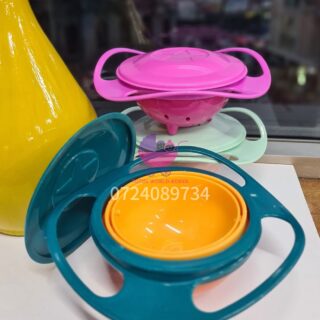
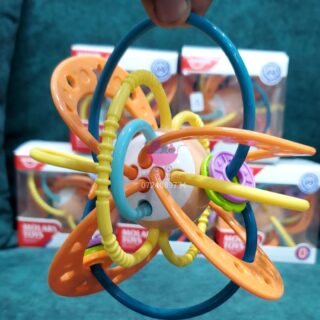
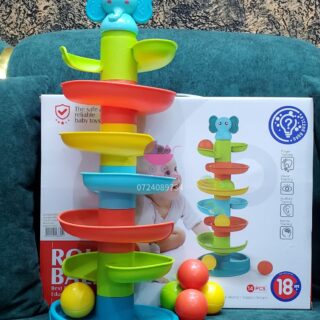
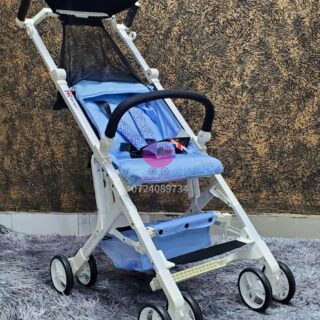
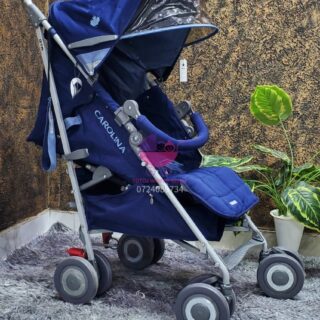

Leave a Reply